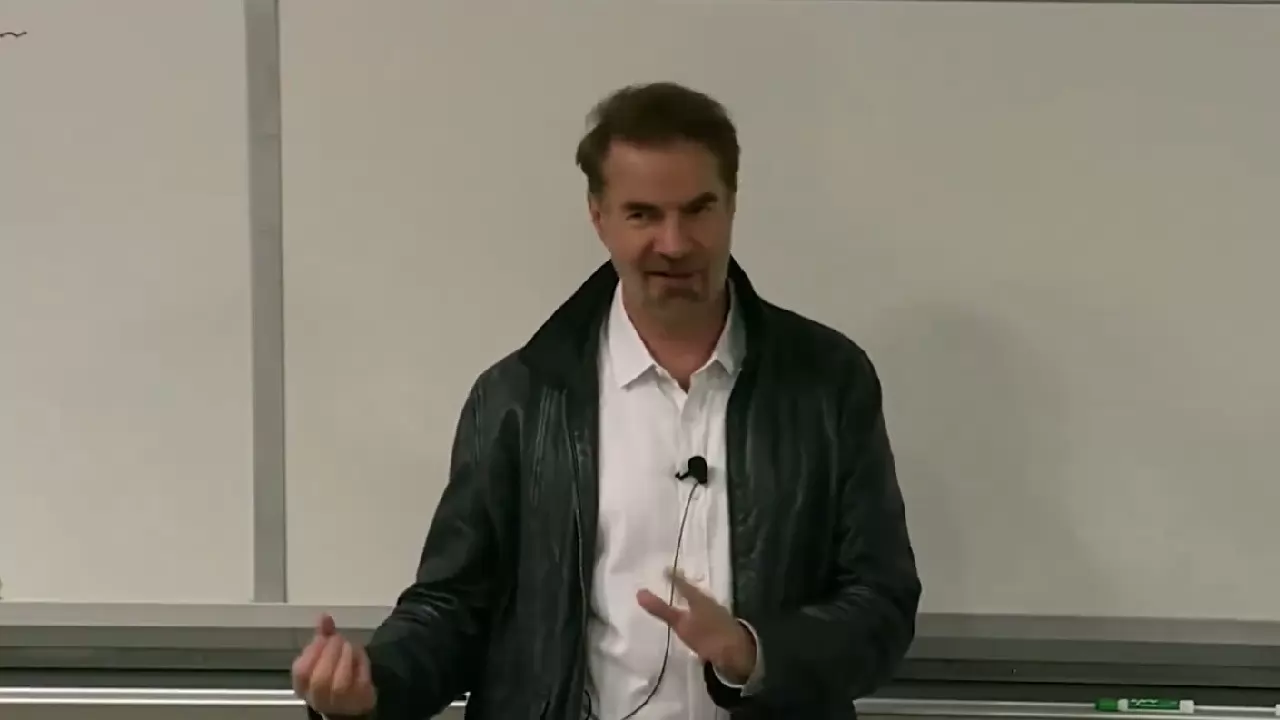
Eric Schmidt (X/)
New Delhi: Former Google CEO Eric Schmidt has sparked significant debate with his controversial remarks to Stanford University students, advising startups to prioritize rapid growth over adhering to intellectual property rights. Schmidt suggested that young entrepreneurs should not hesitate to replicate successful platforms like TikTok and address any ensuing legal battles only after achieving user traction.
During his talk, Schmidt laid out an aggressive strategy for new ventures, particularly in the scenario of a potential TikTok ban. He advised: “Create a clone of TikTok, capture all its users and music, customize it with my preferences, launch it quickly, and pivot if it doesn’t go viral within an hour.” Schmidt emphasized the importance of quick action and user acquisition, even if it meant initially bypassing legal considerations. He stated: “As a Silicon Valley entrepreneur, if your product gains traction, you can then hire lawyers to manage the legal fallout. But if it fails to attract users, the stolen content becomes irrelevant.”
Schmidt’s candid remarks shed light on the often cutthroat and ethically ambiguous tactics that can be prevalent in Silicon Valley. His assertion that this approach is common practice raises important ethical questions about the nature of innovation and the respect for intellectual property rights.
Google 前 CEO 埃里克·施密特近期在斯坦福 CS323 课堂上的访谈(后续二/完结)
— 宝玉 (@dotey) August 17, 2024
Erik:
这是一个很好的问题。我的意思是,虽然确实有更多的资本投入,但这也引发了一些问题和评论。为什么所有这些资本都投向 AI,而不是其他地方呢?… pic.twitter.com/CayistDiJ6
In addition to his comments on startup strategy, Schmidt criticized Google’s current work-from-home policies, suggesting they impair the company’s competitiveness, particularly in the AI sector. He commented: “Google prioritized work-life balance and remote work over winning. Startups succeed because their teams work intensely.” However, Schmidt later clarified his stance in an interview with The Wall Street Journal, stating that he “misspoke about Google and their work hours.”
Google 前 CEO 埃里克·施密特近期在斯坦福 CS323 课堂上的访谈(二)
— 宝玉 (@dotey) August 16, 2024
AI与地缘政治
主持人:在国家安全或地缘政治利益方面,你认为AI将如何在与中国的竞争中发挥作用?… pic.twitter.com/03hFp8KkoS
Schmidt’s remarks come at a time of heightened scrutiny over tech industry practices, particularly regarding intellectual property and work culture. His comments have ignited discussions on how startups should navigate growth and legal boundaries, and the balance between employee well-being and competitive success.





Copyright © 2026 Top Indian News
